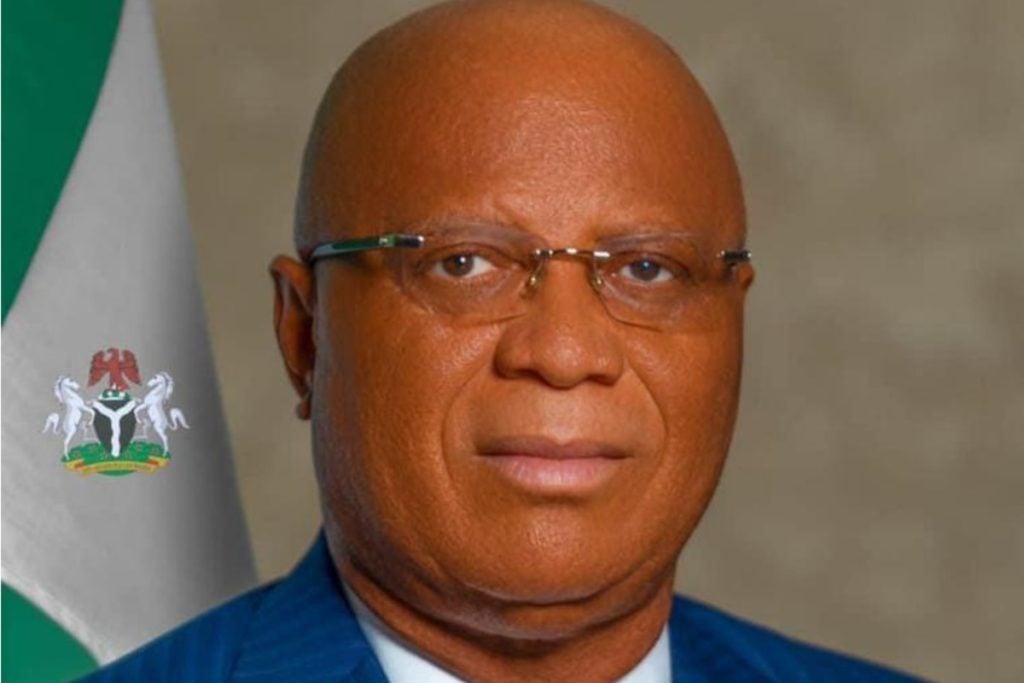The Forum of Civil Society Organisations in Akwa Ibom State also known as the Guild of Community Development Advocates has urged the Governor, Umo Eno to revisit the composition of the palliative committee to ensure the diversity of the state’s population, especially, the most vulnerable is reflected.
In a statement endorsed by the forum’s chairman, Harry Udoh and the Secretary, Dr Nsekpong Udoh on Sunday, the group regretted that the key target segments of society such as youths, women, and persons with disabilities (PWDs), “who are disproportionately affected by the subsidy removal, were not represented in the recently constituted committee.”
The forum urged the governor to demonstrate commitment to fairness and accountability by using the palliative distribution program as an opportunity to show its efforts toward social inclusion, openness, and accountability.
While urging the state government to learn from the mistakes of COVID-19 palliative distribution to avoid repetition, the forum demanded that the committee’s terms of reference be made public to enable third-party tracking of its activities by civil society, the media, legislators, and other accountability actors.
It encouraged the government to consult with organized civil society in the state when constituting committees or making decisions related to palliative distribution.
The forum also called for the involvement of local governments in the ownership and management of the palliative program, considering that a portion of the allocated funds is a loan that will be repaid by the state and the LGAs.
It also called for the elimination of what it termed “Elite Appropriation” to ensure that the palliative distribution process remains free from elite appropriation and political bias for the benefit of all Akwa Ibomites, regardless of their political affiliations.
While thanking the governor for augmenting the palliative given by the federal government, the forum demanded: “we want an increase in the resources allocated for the palliative program to meet the needs of Akwa Ibom State’s population adequately






